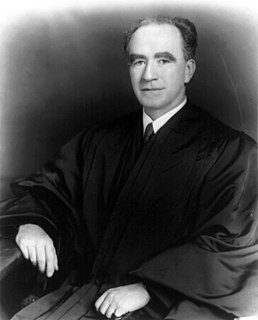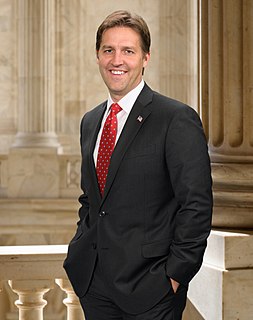A Quote by Nazanin Boniadi
The people of Iran have had to endure repressive laws that have stifled their freedom of speech and religion for too long.
Related Quotes
We have laws to deal with people who defame other people's religion. We have laws to deal with people who try to blow up our citizens. We have due process. We have laws to deal with people who we capture during combat and war, but somehow Guantanamo Bay seems to be outside all that. And perhaps it's being maintained with the view to what people are talking about now, this idea of the "long war," that this is going to go on and on, and perhaps Iran is going to be next.
The relative freedom which we enjoy depends of public opinion. The law is no protection. Governments make laws, but whether they are carried out, and how the police behave, depends on the general temper in the country. If large numbers of people are interested in freedom of speech, there will be freedom of speech, even if the law forbids it; if public opinion is sluggish, inconvenient minorities will be persecuted, even if laws exist to protect them.
The so-called liberals of today have the very popular idea that freedom of speech, of thought, of the press, freedom of religion, freedom from imprisonment without trial-that all these freedoms can be preserved in the absence of what is called economic freedom. They do not realize that, in a system where there is no market, where the government directs everything, all those other freedoms are illusory, even if they are made into laws and written up in constitutions.
We need a more complex understanding of writers working under authoritarian or repressive regimes. Something to replace this simpleminded, Cold War-ish equation in which the dissident in exile is seen as a bold figure, and those who choose to work with restrictions on their freedom are considered patsies for repressive governments. Let's not forget that most writers in history have lived under nondemocratic regimes: Shakespeare, Tolstoy, and Goethe didn't actually enjoy constitutionally guaranteed rights to freedom of speech.
Iran is an ancient land, home to a proud culture with a rich heritage of learning and progress. The future of Iran will be decided by the people of Iran. Right now, the Iranian people are struggling with difficult questions about how to build a modern 21st century society that is at once Muslim, prosperous, and free. There is a long history of friendship between the American people and the people of Iran. As Iran's people move towards a future defined by greater freedom, greater tolerance, they will have no better friend than the United States of America.
I think that our politics everywhere are gonna be going through this bumpy phase. But as long as we stay true to our Democratic principles, as long as elections have integrity, as long as we respect freedom of speech, freedom of religion, as long as there are checks and balances in our governments so that the people have the ability to not just make judgments about how well government is serving them but also change governments if they're not serving them well, then I have confidence that over the long term, progress will continue.
Truth affirms freedom of speech. Putin is no friend of reli - freedom of speech. Putin is an enemy of freedom of religion. The U.S. celebrates freedom of religion. Putin is an enemy of the free press. The U.S. celebrates free press. Putin is an enemy of political dissent. The U.S. celebrates political dissent and the right for people to argue free from violence about places or ideas that are in conflict.



































